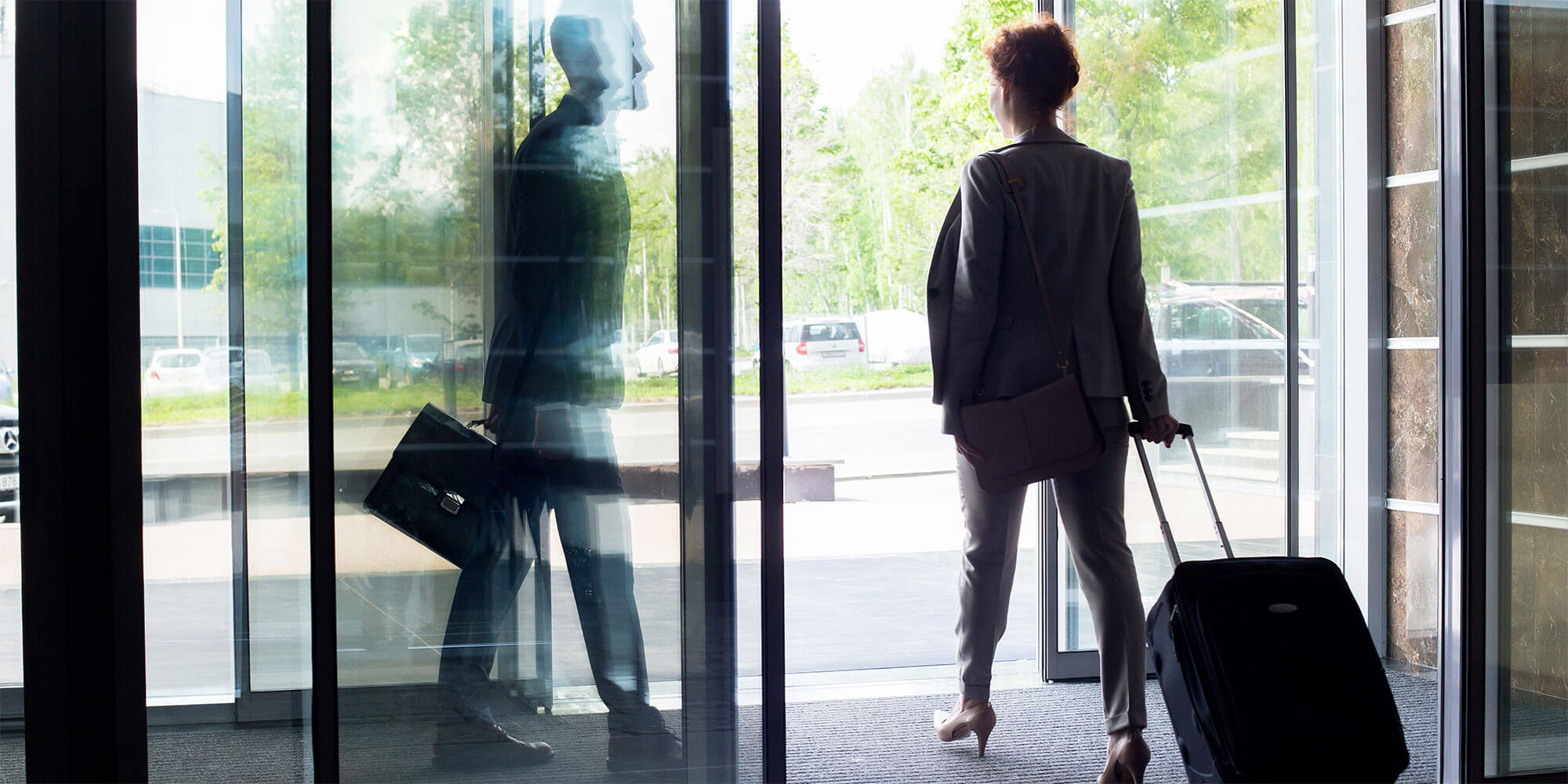Advertisement
South Africa has had an oversupply of tourist accommodation since at least 2010. With the hotel industry now reeling from COVID-19, what are the prospects for owners and developers of hospitality properties?
Too few bodies, too many beds
The sobering reality of the situation was reflected in a recent industry survey by booking portal LekkeSlaap.co.za, which polled 7,262 accommodation businesses across the country. The survey found that 56.5% of businesses have been severely impacted by the COVID-19 pandemic, with 27.6% indicating a high likelihood that their business would not survive, and 3.9% saying that their business would ‘definitely not survive the pandemic’.
It didn’t help that South Africa’s tourism industry had an oversupply problem going into the pandemic, with too few bodies filling too many beds. ‘There is a huge oversupply of accommodation at the moment from apartments masquerading as hotels, particularly in the Sandton node,’ Rob Collins, Group Chief Strategy & Operations Officer at Sun International, told Business Traveller Africa in 2019, taking a direct dig at Airbnb.
But while the emergence of Airbnb didn’t help, the under-fire online marketplace didn’t create the problem. In an interview with BizCommunity, Brett Dungan, CEO of the Federated Hospitality Association of Southern Africa (FEDHASA), grumbled: ‘Frankly I do not want to hear the words “2010 FIFA World Cup” again. Yes, it gave our industry an artificial window of opportunity, but now the economic recession is a definite reality, one that I do not foresee will disappear within the next two years.’ That was in 2011.
Advertisement
What happens to mothballed hotels?

That reality bit hard in 2020, as the historic Edward Hotel on Durban’s beachfront, the five-star Mount Grace Country House & Spa in Magaliesburg, and the Protea Hotel by Marriott Hazyview in Mpumalanga were all three forced to shut down. Hotel group Marriott International announced that it would ‘cease operating’ the properties, due to the ‘unprecedented’ impact of ‘COVID-19 on the hospitality industry’, before Tsogo Sun Hotels stepped in to affirm that it was ‘committed to these properties’ and had ‘full faith in their viability post the COVID-19 pandemic’.
At least, that’s how it was reported. To understand what really happened, you have to understand how the hotel industry actually works.

Hotels are, in a sense, as much in the property industry as they are in the tourism industry. ‘Marriott is a hotel management company,’ explains Keith Randall, CEO of the Hospitality Property Fund (HPF). ‘So they don’t own the asset itself. The owner of the asset either enters into a lease agreement or a management agreement with the hotel operator. In this particular case, Tsogo Sun Hotels is a hotel company that owns, manages and leases property, and also happens to own 60% of HPF. Marriott had certain rights to the properties, which they relinquished. So saying that the hotels “shut down” isn’t accurate. Tsogo Sun Hotels took over those properties.’
And that’s why there’s no simple answer to the question of what happens to a hotel if it shuts down. ‘It depends,’ says Randall. ‘It’s up to the owner of the property. At the end of the day, somebody owns the land and the property. If they go into liquidation it’s up to the administrator to decide what they want to do with the property, or the creditors or banks might get involved. As with any asset, maybe it can become profitable at a different price. If you were to sell the asset at a distressed value, the next person might be able to make it work. There are so many scenarios in the normal course of business. There’s no single answer to the question of where hotel buildings go to die.’
Step inside Johannesburg’s old Carlton Hotel, and you’ll see what he means. Or rather, don’t. The 30-storey, five-star property closed in 1998, and has gathered dust – and curious photographers – ever since.
Renovated for residents?
There are other options, though. The old Ernst & Young House, a 19-floor office block in Pritchard Street in central Johannesburg, was converted into a residential building, for example. Projects like that tend to spiral in cost, however, because while the basic framework of the building may be fit for purpose, the interior structures aren’t necessarily engineered for residential purposes.
The property owner, after all, owns the property. If it makes business sense, they could rebrand the hotel with a different management company; they could renovate it and hold onto it until the time is right to reopen it; they could subdivide it and sell off the units; they could invest in converting it into office space or residential space … the options are endless.
And, ironically enough, the COVID-19 crisis could provide a solution in some cases. The Rainbow Tourism Group closed down its loss-making Rainbow Beitbridge Hotel in 2016. In March 2020, during the early days of the pandemic, the 136-room property, located a stone’s throw from Zimbabwe’s South African border, was hastily repurposed as a medical quarantine centre for Zimbabwean residents who were returning from South Africa.



